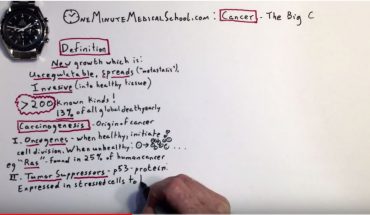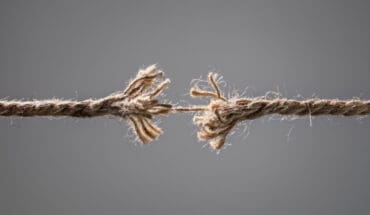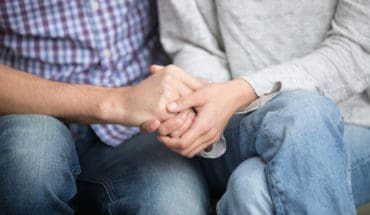Some of the most terrible facial injuries I have ever had to deal with have been due to domestic violence. What starts with a slap and an apology can quickly escalate until a woman is regularly being injured, sometimes at risk to her life. I’ll never forget one woman who was brought into theatre with stab wounds covering her face and neck as well as her abdomen. She died of blood loss.
I’ll never forget one woman who was brought into theatre with stab wounds covering her face and neck as well as her abdomen. She died of blood loss.
Another woman was found in the bath completely unrecognisable because her face had been bashed against the side of the bath and the radiator in the bathroom. She couldn’t be saved either.
Although men can be the victims of domestic violence too, the vast majority of victims are women who are beaten by a male partner. Had these women survived, they would have been left with life-long facial deformity, which has knock on effect on physical, psychological and emotional wellbeing. We know from studies that people judge first impressions in the first few seconds of meeting someone, and facial disfigurement and scarring creates an impression of everything from low intelligence, to untrustworthiness, violence and unattractiveness.
The reason I have organised the Medicine and Me conference due to take place at the Royal Society of Medicine in London on Monday 22nd January, is to bring together the experts – patients, researchers, and surgeons who have all instigated projects trying to reduce domestic violence which blights so many lives – in the hope that we can create a UK wide project to prevent many of these horrific attacks and save faces and lives. There will also be experts there who will focus on the effects of gang and street violence, and how it can be tackled at the root cause.
In particular, I will be advocating the setting up of a Potential Domestic Violence register so that A&E departments around the country can share data about regular attendees who may be victims. At the moment, victims are often reluctant to reveal the reality of their intimate lives, and feel they can ‘save’ the men who are abusing them. Because of this, they may go to multiple A&E departments, so it is not easy to follow up past history and spot a connection. The Department of Health only requires that patients are put on a register if they attend A&E and are hospitalised for more than three days, or if they die. Women who are simply battered and bruised, or with broken bones, slip through the net. They may be too scared to come forward – they may even be accompanied to A&E by their abuser who has expressed remorse privately. This new register would allow doctors and nurses to record suspected cases – which will not lead to automatic intervention – so that a pattern can emerge. My view is that suspected victims of domestic violence should be approached by peer-to-peer support networks and charities like Refuge in the first instance – not social workers or the police – and given the advice they need to break the cycle of violence against them.
This register could be managed by Saving Faces, the charity I founded, but it will need resources from the Home Office. In my view, this would be a wise long-term investment if it saves lives and life-long visible injury because women are rescued early on before domestic violence has escalated to extreme levels.
This conference will explore preventive strategies with Mr Martin Griffiths (Lead for Trauma Surgery, The Royal London Hospital; Violence Reduction Lead, North East London and Essex Trauma Network as well as with Mr Duncan Bew (Clinical Lead Trauma Surgeon, King’s College Hospital and Co-founder of Growing Against Violence Charity). Mr Douglas Hammond (Senior Lecturer Oral and Maxillofacial Surgery at University of East Lancashire) will, in his role as trauma research lead at the National Facial and Oral Research Centre (NFORC), present clinical research designed to improve facial injury treatment and the functional impact of injury.
To register your place, visit https://www.rsm.ac.uk/events/events-listing/2017-2018/groups/medicine-and-me/mmk02-medicine-and-me-life-after-facial-injury.aspx.
- Preventing domestic violence - 18th January 2018
- Why I gave up nicotine when I was 13 - 30th April 2016
- Acid attacks – A challenge for reconstructive surgeons - 17th March 2016






